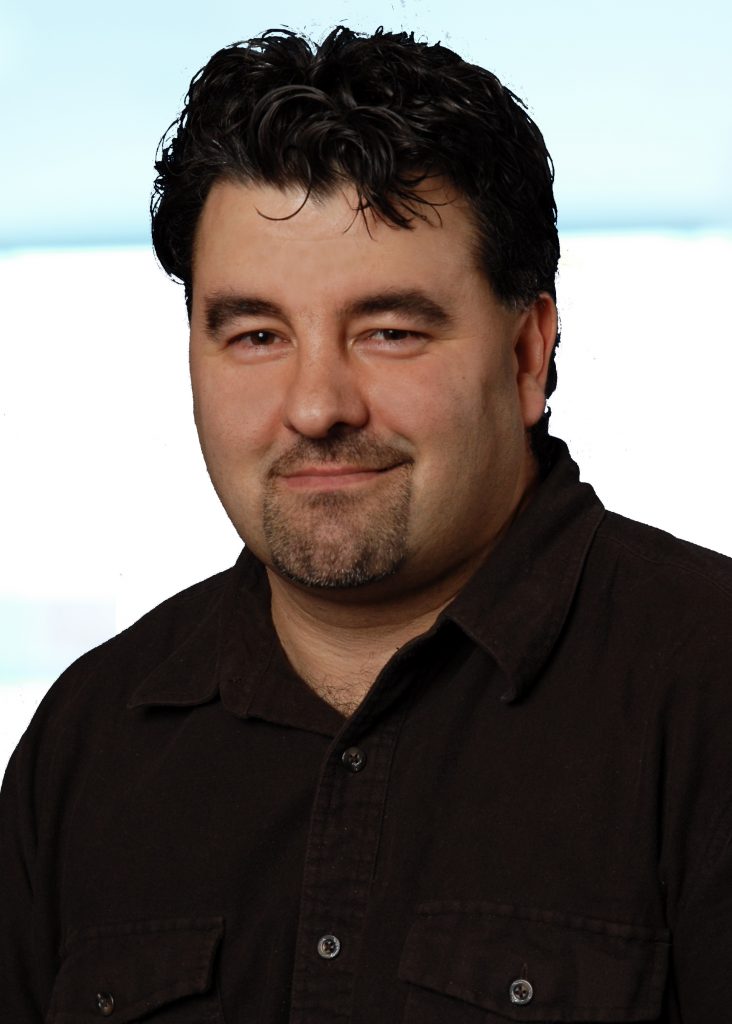My journey in rehabilitation began long before I understood what a brain injury was. A personal family tragedy early in life set me on a path I continue to follow today. What was once seen as love and compassion is now recognized as caregiving. Over the years, I’ve navigated the ups and downs that many who work in this field know well, emerging with foundational skills that guide my practice: resilience, empathy, and a deep understanding of cognitive-behavioural therapy. However, perhaps the most important of these skills is hope, a beacon that guides us toward a brighter future in rehabilitation.
As a registered social worker with the Ontario College of Social Workers and Social Service Workers and an active member of the Ontario Association of Social Workers, I bring a wealth of professional experience and expertise to my practice. After earning my Master’s Degree in Social Work, I established my community-based practice, offering assessments, consultation, and counselling for individuals and families recovering from brain injury and trauma across Ontario.
My commitment to advancing the rehabilitation field is theoretical and practical. I am actively involved in research, particularly as a member of the PCHI Lab. I am pursuing doctoral studies focused on developing and evaluating e-health technologies, specifically digital health solutions for people with chronic conditions. My research aims to improve the design, features, and components of patient portals and clinical information systems, enhancing engagement and effectiveness in patients and caregivers with neurological conditions. The potential to improve outcomes and the rehabilitation process in this population drives my work.
This research stems from my longstanding interests in design, technology, behavioural economics, and rehabilitation. I am dedicated to understanding and meeting the community’s needs, so I use a community-based participatory approach in my research. I explore the intersection of these fields, seeking to eliminate inefficiencies and discover minor design tweaks—those ‘butterfly effects’—that yield significant changes. I aim to incorporate accessibility principles, choice architecture, defaults, heuristics, and nudge theory into my research. I’m particularly interested in identifying intervention and design features that create advantageous asymmetries, helping us better support those we serve through technology.
My main research project focuses on identifying technology features that impact seniors’ mobility, social participation, and work integration. This will be embedded in a platform trial for the Acquired Brain Injury Electronic Mobility Monitoring and Intervention (ABI EMMI) System, which has the potential to transform care for individuals recovering from brain injury.
With over 20 years of experience in rehabilitation and counselling, I’ve gained extensive knowledge of the Ontario Accident Benefit Schedule and the motor vehicle accident sector. I have trained in several therapeutic approaches, including trauma counselling, Cognitive Behavioural Therapy (CBT), and Mindfulness-Based Stress Reduction (MBSR). I have also developed programs tailored to my clients’ needs, such as goal setting, sleep intervention, and chronic pain management.
Throughout my career, I’ve had the privilege of working with individuals facing various disabilities. My cognitive, behavioural, and psychosocial rehabilitation expertise has allowed me to support and uplift the community and my clients effectively.
Community service has always been a cornerstone of my work. As a board member of the Brain Injury Association of Windsor/Essex County, I created a support group that, over a decade later, continues to thrive and expand. I wrote an article about this work for the Ontario Brain Injury Association’s magazine, OBIA Review, where I reflected on the importance of sustaining community-driven initiatives.
Upholding clinical standards in healthcare and rehabilitation is another area I am passionate about. It was a great honour to contribute to developing clinical guidelines in brain injury rehabilitation with the Ontario Neurotrauma Foundation (ONF). These guidelines continue to shape best practices, and I encourage others to explore the resources on the ONF’s website.




